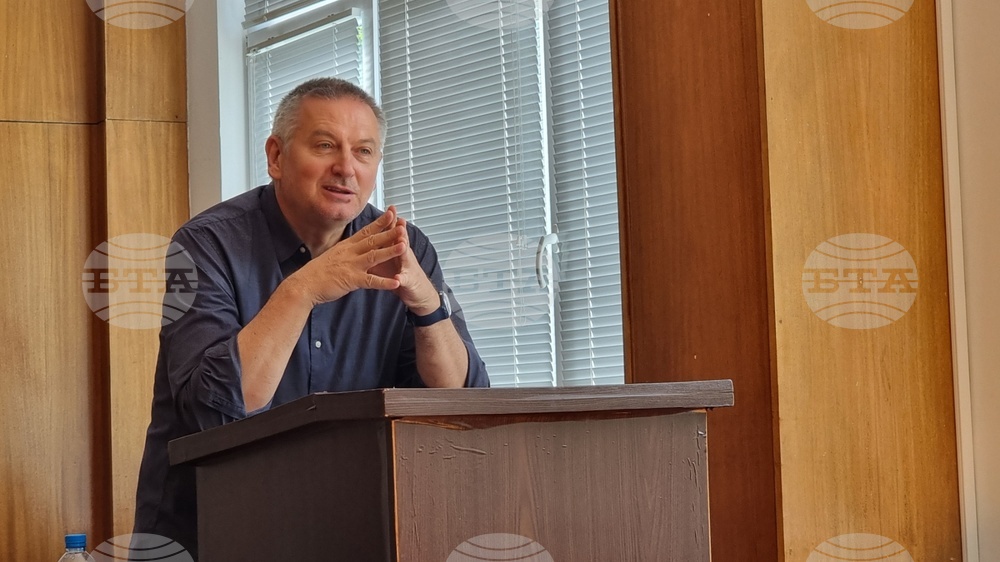site.btaNovelist Georgi Gospodinov: Bulgarian Literature Largely Invisible Abroad


Bulgarian literature is largely invisible abroad, and this is something that Bulgarians should be aware of and should talk about, novelist Georgi Gospodinov said on Wednesday, speaking at an international workshop on translation and reception of
/NF/
news.modal.header
news.modal.text